CNC Machining: Processes, Materials, and Applications
What is CNC Machining?
CNC (Computer Numeric Control) machining utilizes computer-controlled machines to precisely cut, shape, and finish materials. This subtractive process starts with a solid block of material and removes layers to reveal the final design. CNC machining ensures high accuracy, repeatability, and efficient production, making it ideal for both prototyping and mass production.
Section 1: Types of CNC Machining
1. CNC Milling
CNC milling involves feeding material into a rotating cutter at different angles. This process is perfect for creating complex shapes and detailed designs. Modern CNC mills use advanced computer controls to achieve exceptional precision and speed.
2. CNC Lathe Machining
CNC lathe machining uses a lathe to rotate the material while a cutting tool shapes it. This process is ideal for producing cylindrical parts, such as shafts and bushings, with precise external grooves and internal holes.
3. CNC Turning
CNC turning uses a lathe to rotate the material while a cutting tool shapes it. This process is ideal for producing cylindrical parts, such as shafts and bushings, with precise external grooves and internal holes.
Section 2: Materials Used in CNC Machining
CNC machining can handle a wide range of materials, including:
- Metals: Aluminum, stainless steel, titanium, copper, brass, and magnesium.
- Plastics: Nylon, polycarbonate, ABS, and PEEK.
Choosing the right material depends on the specific requirements of the project, such as strength, weight, and thermal properties.
Section 3: Applications of CNC Machining
CNC machined parts are used across various industries due to their precision and versatility:
1. Automotive
- Engine Components: CNC machining produces high-precision engine parts, enhancing performance and efficiency.
- Transmission Systems: Gears and shafts machined to exact tolerances ensure smooth operation and longevity.
2. Aerospace
- Structural Components: Lightweight and strong materials like titanium are machined for use in aircraft frames and engines.
- Instrument Panels: Precision machining ensures the reliability and accuracy of cockpit instruments.
3. Electronics
- Enclosures: CNC machining creates robust and precise enclosures for electronic devices.
- Heat Sinks: Aluminum and copper heat sinks are machined to efficiently dissipate heat from electronic components.
4. Medical
- Surgical Instruments: Stainless steel and titanium instruments are machined to high precision for surgical use.
- Implants: Biocompatible materials like PEEK and titanium are used to create durable and safe medical implants.
Section 4: Advantages of CNC Machining
- Precision machining: Achieves tight tolerances and intricate details.
- Repeatability: Ensures consistent quality across multiple parts.
- Flexibility: Can handle complex designs and a variety of materials.
- Efficiency: Reduces production time and minimizes waste.
Conclusion
CNC machining stands out as a versatile and reliable manufacturing process, essential for producing high-quality components across various industries. Its ability to work with different materials and deliver precise, repeatable results makes it invaluable in modern manufacturing.
Experience precision CNC machining with Welleshaft, your trusted global manufacturer. We deliver high-quality, custom-machined components with exceptional accuracy, catering to diverse industries. Choose Welleshaft for innovative solutions and reliable results!

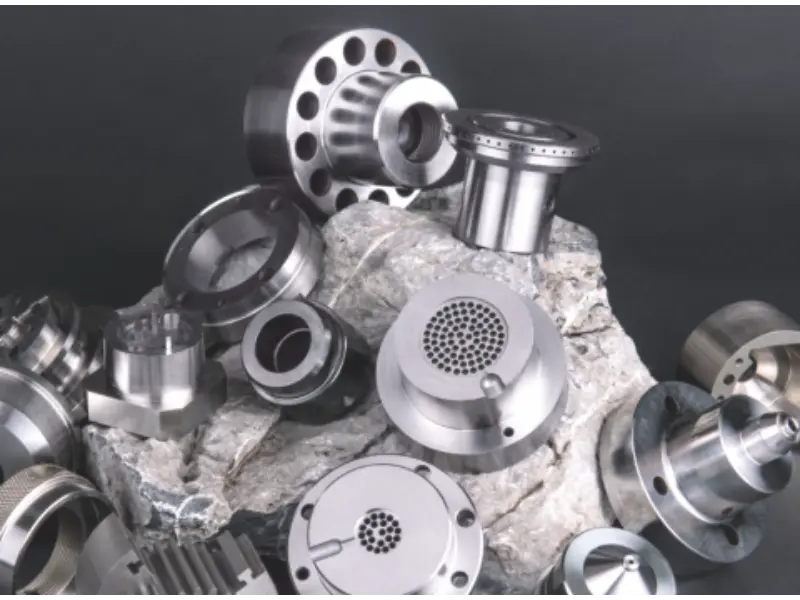
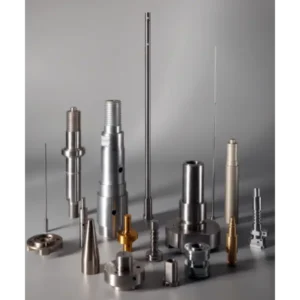
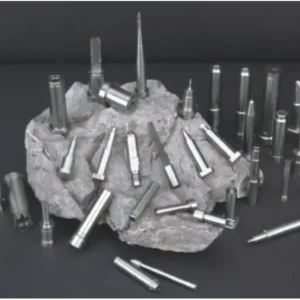
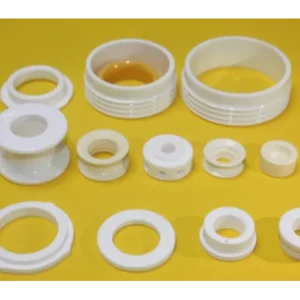
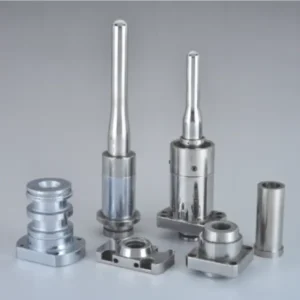
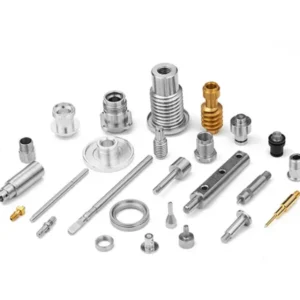
Reviews
There are no reviews yet.